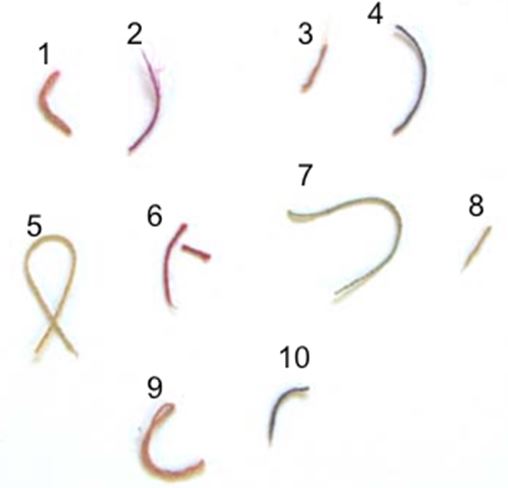Difference between revisions of "MAA 6-1-05 A, embroidered suzani, central Asia (late 19th century to 20th century)"
| Line 18: | Line 18: | ||
== Identified compounds == | == Identified compounds == | ||
| + | |||
| + | [[File:MAA 6105A result.JPG|center|frame| analyzed by X. Zhang [1]]] | ||
== References == | == References == | ||
Latest revision as of 10:38, 9 November 2017
Artifact Information
Suzanis are large, embroidered hangings or coverings that originated centuries ago in what is now Uzbekistan and neighboring parts of Central Asia. Typically they were sewn by village girls, using dyed silk threads, and became an important part of the girls’ marriage dowries [1]. This piece of suzani was collected by the Museum of Applied Arts (MAA) in Uzbekistan.The identification of synthetic dyes from the pieces suggested that the suzani was made no earlier than the late 19th century.
The Museum of Applied Arts, Samarkand, Uzbekistan: suzani (6-1-05 A)
Summary of results
Multiple threads (equal or shorter than 0.5 cm) were removed from the back of the suzani.
HPLC profile
Identified compounds
References
[1] Xian Zhang, Richard Laursen and Svetlana Osipova (2005) "Analysis of dyes in some 19th-century Uzbek suzanis"; Dyes in History and Archaeology To be published.


